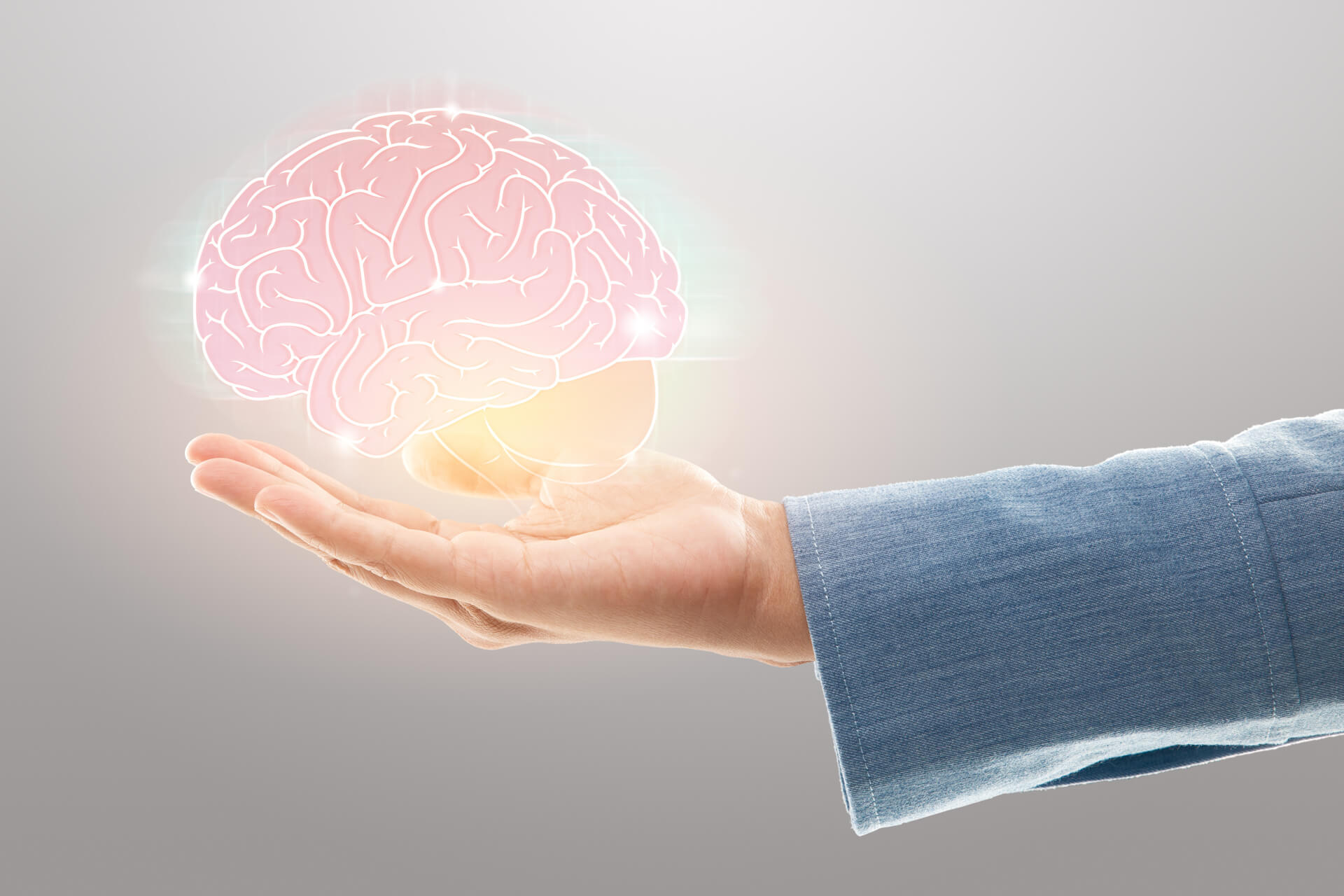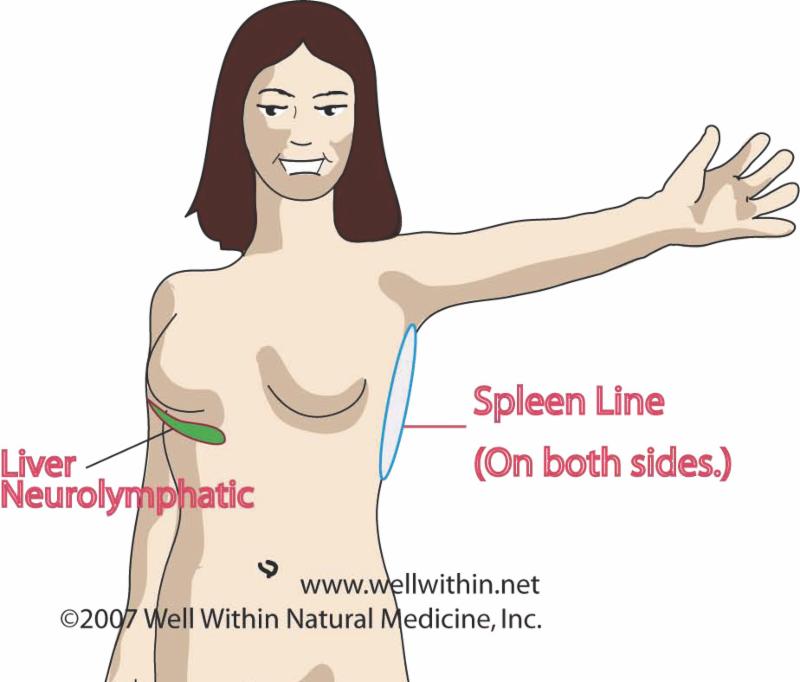Energy Medicine for Brain Health
We have featured a number of Quick Tips on Brain Health and have consolidated this information in one place for your convenience. If you would like to learn more about Brain Health, be sure check out the Energy Mastery for Brain Health Online Video Series that is for sale in our store.
Video Resources

Nutrition for Brain Health
When it comes to brain health, definitely don’t skip on healthy vegetables and fruits, but keep in mind that protein and fat are absolutely key too. Protein is important for concentration and memory. Healthy fats are essential for brain health-the brain is largely made up of fat and water. And fats are key building blocks for our cells and for hormone production. Fat has gotten a bad rap for decades, but it is becoming more and more recognized that good quality fats are essential for overall health and brain health. Healthy fats include butter, olive oil, coconut oil, palm oil, ghee, animal fats such as lard and tallow (from organic, grass-fed meat), fish oil, avocados, nuts, and seeds.
Exercise and the Brain
Stress and Sleep
Good quality sleep is critical to health and modern life is a huge obstacle to decent sleep. Getting plenty of sleep and honoring our circadian cycle, which is essentially the same as honoring the 24-hour Meridian Flow Wheel, means for the majority of people getting to sleep by 10:30pm and sleeping for 8 hours is optimal.
Environmental factors that many people are not aware of can take a toll on both stress levels and sleep quality. Two of the big ones are artificial light, which interferes with our circadian rhythms and production of the hormone melatonin, and Electro-Magnetic Frequencies (EMFs). Blue light is especially disruptive and is produced from our electronic devices such as televisions, computers, smartphones, tablets, etc. Either avoid these devices for at least an hour before bed, or install a program or filter that reduces blue light emissions (the program flux can help with computers, and some smartphones have a nighttime setting).
Additionally, EMF exposure causes stress on the body and potentially can interfere significantly with our energy and physical health. This is a major and extensive topic, but to begin with, minimize exposure by not sleeping with electronic devices such as TV’s, computers, smartphones in your bedroom. Unplug your WIFI router before bed to lessen the EMF frequencies throughout your entire house and don’t carry your smartphone on your body. There are many different types of radiation-reducing shields and cases for phones and tablets, etc. and they are well worth investigating.
Meditation for Better Focus
Brain Fog and Blood Sugar
Some common symptoms of low blood sugar are:
- Anxiety, restlessness, nervousness
- Waking between 3 – 4 am
- Craving sweets between meals
- Impatience/irritability when skipping meals or not eating on time
- Mental confusion
- Brain fog or mental fatigue
- Difficulty remembering, concentrating, focusing
- Easily stressed or upset
- More energy after meals
- Shakiness
- Blurred or impaired vision
- Weakness and/or lack of coordination
Common symptoms of high blood sugar are:
- Tired after meals
- Frequent urination
- Difficulty sleeping and particularly falling asleep
- Overall sluggish feeling
- Hungry all the time
- Waist girth equal or larger than hip girth
- Constant craving of sweets especially after meal time
- Weight gain and difficulty losing weight

Also, tapping or rubbing your Liver Neurolymphatic Reflex Zone under the right breast and your Spleen 21 point or (the Spleen Line) located on the outside, mid-line of the body under the arm and level with the breasts is a helpful way to support and balance blood sugar levels. The liver organ both stores and produces sugar, glucose, depending upon your body’s need and the spleen organ metabolizes the blood sugar. When you are not eating, the body has to make its own sugar especially overnight or between meals. If you find yourself consistently waking between 3 – 4am after the Liver Meridian’s high time of 1 – 3am, then I highly recommend trying a teaspoon of honey before bed. My favorite is Manuka honey from New Zealand. It’s a great recipe for a “sweet” nights sleep and good brain health.



